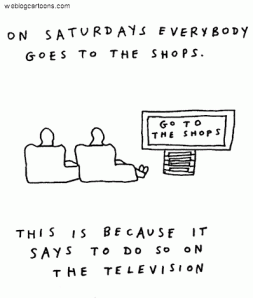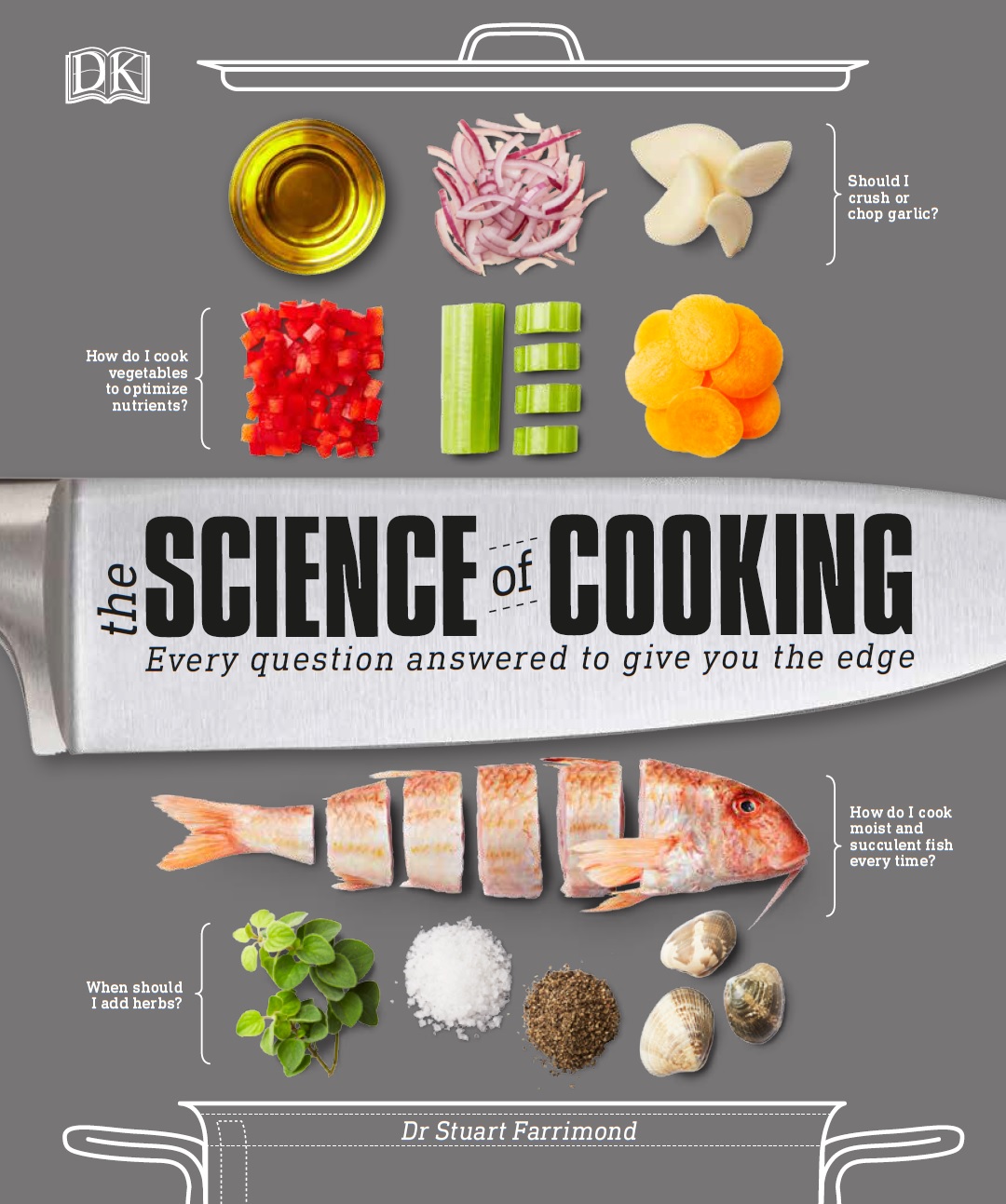I’m starting to get concerned. My wife has just started looking for her next handbag, and she has expensive tastes…
Personally, I just don’t ‘get’ the shopping bug: For me, a Saturday afternoon on the high-street sounds like a traumatic experience. It would be tempting to say it is a ‘woman-thing’, but I would risk the wrath of many an equality-minded woman. And besides, I know many a man who can’t resist the allure of the clothes/guitar/video-game shop.
But are you the type of person who lives to shop? Or are you like me, and do you think that ‘retail therapy’ is a contradiction in terms? Today’s blog is all about the ‘Shopping Addiction’ phenomenon: Find out what it is, shopaholic myths and take an online quiz to find out if you are a shopaholic…
.
What is Shopping Addiction?
What is the difference between ‘normal’ shopping, occasional splurges, and shopping addiction? With shopaholics, shopping becomes a person’s main way of coping with stress. A ‘compulsive shopper’ will shop excessively even when it is clearly having a bad effect on other areas of their life. Just like gambling, excessive working and computer game addictions, finances and relationships will get damaged. Even though the ‘addict’ may realise this, they feel unable to stop.

Although controversial, Shopping Addiction is now increasingly being recognised as a real problem - like gambling or work addiction.
Am I a Shopping Addict?
Could you be a shopaholic? Try the online quiz to find out if you are a ‘compulsive shopper’: Click here to try it out – It’s a real screening test used by psychologists to test people for shopping addiction.
.
How common is Shopping Addiction?
Most of us know what it feels like to lust after a sports-car or a designer top, but thankfully only a few of us suffer with full-blown ‘shopping addicition’. Psychologists call it ‘compulsive shopping disorder’ and experts estimate that only one or two percent of the population have this unhealthy obsession with shopping.
It’s much more common for us to struggle with over-shopping, ‘buyer’s remorse’ and ‘post-purchase rationalisation’…
.
Enjoy ‘Retail Therapy’ without breaking the Bank!
Many psychologists argue that shopping in moderation can be good for lifting the mood (no, really)! And there are some tips from experts on how to do it well:
- Limit your retail therapy: You will feel best if you do it in ‘doses’ (and your wallet will thank you).
- Don’t spend a fortune: You can actually get the same retail therapy ‘fix’ by buying something inexpensive!
- Pay attention to your mood: You are much more likely to become dependant on shopping if you are shopping to numb your feelings
- Shop with cash: This will stop you overspending, and if you can’t afford it - find a different way to feel good. Taking a walk or chatting with a good friend can work and doesn’t cost a penny!
Buyer’s Remorse: I hate it!
Ever get that feeling or regret after buying something? Perhaps you feel anxious and agonise over whether you have made the right decision? I know I can do this sometimes, and although experiencing a bit of self-doubt is healthy, worrying is not. Here are some of the key symptoms:
- Repeatedly agonising about whether the decision was ‘right’ or ‘wrong’
- Worrying that purchase has been made at the ‘wrong time’
- Feeling that the act of buying anything is ‘wrong’ and self-indulgent
- Wishing that you had waited for the ‘next generation’ to be released
Buyer’s remorse happens in people who desire to have complete control; but in the world of shopping there are infinite choices and so complete control is impossible!
One trick for avoiding buyer’s remorse is to avoid ‘black and white thinking’: Avoid thinking that a purchase is either ‘right’ or ‘wrong’… (follow links below for more information)
Post-Purchase Rationalisation
Ever like to boast about why your purchase was the best? I think we all like to do this from time-to-time, and ‘post-purchase rationalisation’ is just what this is all about: Justifying your new purchase to yourself and your friends! Often this can be helpful for people for avoiding buyer’s remorse…
…only sometimes it can just be darned irritating…
Read More:
Do you struggle with shopping addiction? Get further information and advice from the following links:
- Getting help from your GP for any addiction (BBC Health)
- Information on Shopping Addiction from Beating Addictions (UK)
- Useful information on avoiding shopping binges
- Trustworthy advice on overcoming debt problems
Read more about Buyer’s Remorse and how to overcome it.
Learn about the dangers of and overcoming ‘Black or White’ Thinking
References:
Verma, Shiladitya, Addicted to Shopping: When You Don’t Know When to Stop (August 10, 2010). Available at SSRN: http://ssrn.com/abstract=1656280
Leslie Cole, Dan Sherrell (1995), “COMPARING SCALES TO MEASURE COMPULSIVE BUYING: AN EXPLORATION OF THEIR DIMENSIONALITY“, in Advances in Consumer Research Volume 22, eds. Frank R. Kardes and Mita Sujan, Provo, UT : Association for Consumer Research, Pages: 419-427.
Valence, G., d’Astous, A., & Fortier, L. (1988). Compulsive buying: Concept and measurement Journal of Consumer Policy, 11 (4), 419-433 DOI: 10.1007/BF00411854















Phew! Not an addict!
Posted by Dr Ju | February 8, 2011, 7:48 pmThat’s a relief… 🙂
Posted by Stuart Farrimond | February 9, 2011, 8:47 amProducers of the Emmy nominated series Hoarders is teaming up with a major cable network in efforts to help compulsive buyers gain financial independence once and for all. With the help of leading experts and professionals in the field, the program will focus on the causes and treatment for compulsive buyers.
Do you or someone you know:
*Have a real crisis when it comes to shopping?
*Addicted to shopping on-line, even though it racks up maxed out credit cards?
*Is there little money left for the important things, like kids clothes or mortgage payment?
*What are the stakes if you don’t stop?
*Has your shopping affected your personal relationships?
If you or someone you know can answer “yes” to any or all of these questions, or you think that you might have a shopping addiction, please email us at [email protected] with your:
Name
Age
Occupation
Current City/State
Phone Number
Recent Picture(s)
To what extent has shopping affected day-to-day life?
Posted by Kate | September 29, 2011, 11:54 pmBy its many names – oniomania, compulsive shopping, compulsive shopping addiction, shopaholism – it’s all about shopping that’s gone out of control. Unrecognized and left untreated, social shopping becomes more anti-social than anything else, jeopardizing personal and professional relationships and often threatening financial ruin and legal problems.
Posted by Social Shopper | February 7, 2012, 7:34 pm